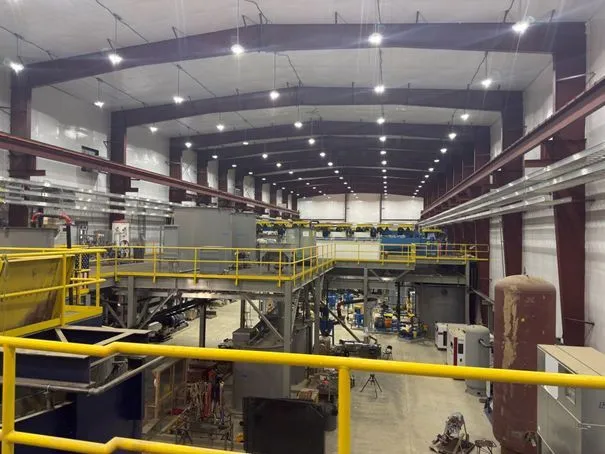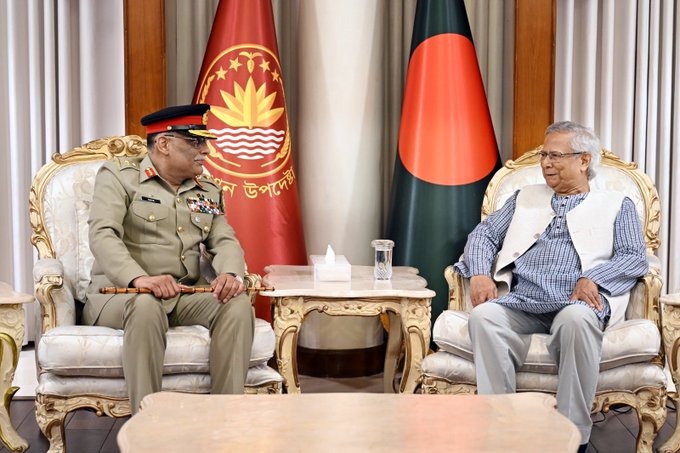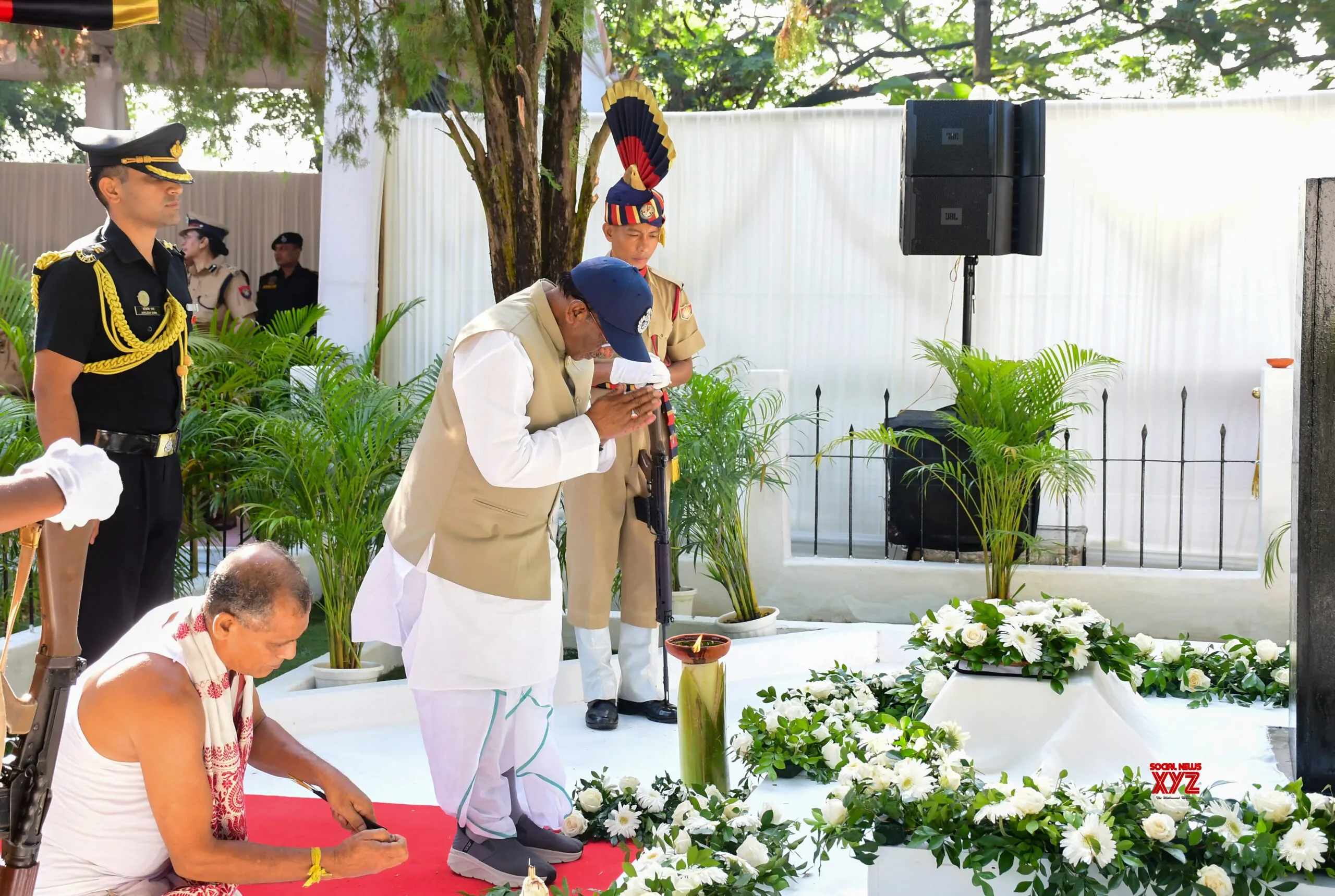Copyright maraviexpress

Thomas Ngoma * All they have to do is to agree to form an implementation team and I will guide the rest step by step to answer all their questions for the team to be fully trained up on it * Malawi used the system before attaining Independence. We had non of these economic problems to do with forex shortages * The UK still uses it today along with Scotland, Northern Ireland, Falklands, Hongkong, Namibia, RSA among others By Duncan Mlanjira UK-based economic analyst, Thomas Ngoma — who is an executive management consultant with over 35 years’ experience advising clients on strategic business transformation, both in public and private sector regulated environments, is offering to train the country’s financial management experts on how to implement currency board administration (CBA) to rescue Malawi’s myriad economic challenges emanating from chronic shortage of foreign currency. CBA is a system where the local currency, the kwacha, can be pegged to a stable foreign currency, like the US dollar or euro, at a fixed exchange rate, aims to maintain exchange rate stability and control inflation. “Malawi used the system before attaining Independence — we had non of these economic problems to do with forex shortages,” Ngoma says. “Nyasaland’s CBA was pegged to the pound sterling as a soft peg after independence. The UK still uses it today, so do Scotland, Northern Ireland, Falklands as well as Hongkong, Namibia, Republic South Africa, among others.” Ngoma offers that what the country’s administration needs to do is to agree to form an implementation team and he would the rest step by step to answer all their question in order to be fully trained on the intricacies of the CBA system. He observes that most Malawian economists “did not learn monetary policy and certainly not CBA” — including Reserve Bank of Malawi (RBM) directors, had been asking him how it can work and where to find the funds for its operations. Ngoma, who brought the issue of CBA as alternative to the extended credit facility of the International Monetary Fund (IMF) in 2022 and has been bringing up the solution vigorously — thus the RBM top officials asking questions on how it works. “To be clear the problems that CBA will solve for Malawi include forex shortage; kwacha devaluations and shall fix the exchange rate permantently even at 1-1 with US$ if a new Kwacha will be issued. High cost of living due to the high inflation rate of around 30% can be reduced up to 2%; the kwacha convertibility shall be unlimited while RBM’s financing government deficit will be without any breaks. He further says the country is facing lack of investor confidence in Kwacha; perpertual balance of Payment (BoP) problems; parallel foreign exchange rates that distort the market; and difficulties to industrialialise due to capital shortages to import machinery, materials and tools. “All these will be fixed at once with a CBA economic package. ECF will never develop Malawi,” says Ngoma — with emphasis that the benefits include: * Fixed exchange rate: the Kwacha shall be pegged to an anchor currency, ensuring unlimited exchange of the kwacha for the anchor currency; * Rule-based system: The CBA is governed by strict rules enshrined in law, eliminating discretionary monetary policy decisions; * Foreign reserves: The CBA manages foreign reserves of the anchor currency, investing them in foreign securities to earn interest; * Monetary discipline: The CBA prevents the government from printing money to finance deficits, promoting fiscal discipline; * Low Inflation: The CBA keeps inflation low, stable, and predictable and increased investor confidence since a stable exchange rate and monetary policy attract foreign investment; * Economic growth: The CBA promotes industrialisation, job creation, and rapid economic growth. Ngoma’s work covers cross sectors of banking, finance & insurance, technology & telecommunication, mining & manufacturing, public sectors, aerospace industries, chemicals, oil & gas and pharmaceutical. In terms of geography, he works across the globe in the UK, US, Latin America, Europe and Asia — sharing industry best practices to address and solve business problems. As well as devising strategies, Ngoma has extensive experience in managing program implementations controlling budgets, people management and scope as part of steering committees and influencing at corporate Board level. He has extensive experience of industry application of macroeconomic accounting systems including ISIC 4, balance of payments (BPM 6), government finance statistics manual, monetary & financial statistics manual, SNA 2008 and debt sustainability analysis (DSA). According to FasterCapital.com, CBAs have been around for centuries and have played a significant role in maintaining fixed exchange rates. The history of currency boards dates back to the early 19th century, when they were first introduced in Europe. The concept of a currency board was simple — to peg a country’s currency to a more stable currency, such as the US dollar or the British pound, and to maintain the peg through the issuance of a fixed amount of Central Bank reserves. The first CBA was established in Mauritius in 1849. The island nation had been experiencing significant economic instability due to its reliance on sugar exports and its vulnerability to fluctuations in the global market — and was established to stabilise the Mauritian rupee and to promote economic growth. In the late 19th and early 20th centuries, CBAs were established in a number of other countries, including Hong Kong, Singapore, and Bulgaria. However, FasterCapital takes note that “CBAs have been criticised by some economists for being too rigid and inflexible, arguing that they can make it difficult for countries to respond to changes in the global market and to implement monetary policy”. “But its proponents of currency boards argue that they provide a stable and predictable environment for businesses and investors, which can promote economic growth. “One of the most successful currency boards in history was established in Hong Kong in 1983. The Hong Kong Monetary Authority (HKMA) pegged the Hong Kong dollar to the US dollar and maintained the peg through the issuance of a fixed amount of Hong Kong dollars and the purchase and sale of US dollars in the foreign exchange market.” FasterCapital attests to that the CBA helped to promote economic growth in Hong Kong and has been credited with helping to establish the country as a global financial centre, while another successful CBA was established in Estonia in 1992 — pegging the kroon to the German mark, which helped to stabilise the Estonian economy after the collapse of the Soviet Union. “The currency board was instrumental in establishing Estonia as a successful market economy and paved the way for its eventual adoption of the euro,” reports FasterCapital. ‘The history of currency boards is a testament to their effectiveness in maintaining fixed exchange rates and promoting economic growth. “While they have their critics, currency boards have played an important role in stabilising economies and providing a predictable environment for businesses and investors — with the success in Hong Kong and Estonia demonstrating their potential to promote economic growth and stability in other countries around the world.”



